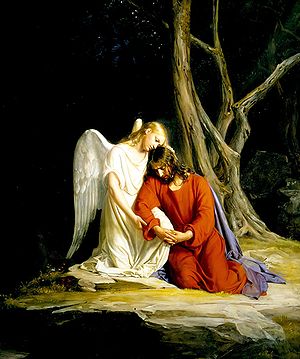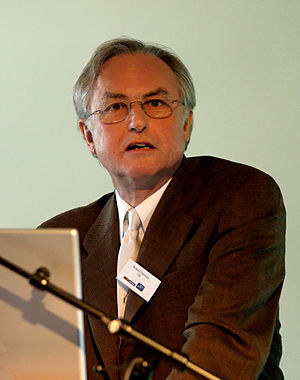A little over a week ago, my family went to Easter Sunday Mass. Because we have a small baby in tow, we usually don’t get to the church until right when Mass is about to begin. On most Sundays, that works just fine since we can usually find plenty of parking and seats in the pews. But on Easter we knew we had mistimed our arrival when we saw a full parish parking lot and the closest parking spot we found was many blocks away from the church. We still made it on time, but it was standing room only. There were so many people that many families stood out in the vestibule and outside the church during Mass.
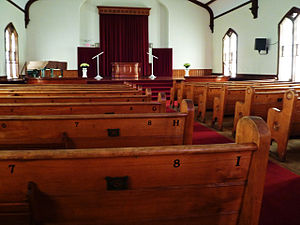
Flash forward a week. We arrived at Mass at the same time we did on Easter Sunday. But this time we did not have to park several blocks away and we had our choice of entire rows of pews upon entering the church. The church was actually abnormally sparse for a Sunday as if everyone suffered a post-Easter hangover. And while I liked parking close to the church and easily finding a seat, I do find the Divine Mercy Sunday attendance drop off both sad and concerning.
I try not to make too many assumptions about the drop in Mass attendance. Perhaps many people who attended morning Mass on Easter usually attend afternoon Mass on Sundays. But since there wasn’t any afternoon Masses, the morning ones had to accommodate more people than usual. Or maybe many people from other parishes attended our Mass with their extended families. But I’m pretty confident that many people were C&E Catholics (Christmas and Easter) and won’t step foot into a church for another eight months.
As much as I hated parking blocks away from the church and standing during Easter Mass, I really wish the church was as full every Sunday as it was on Easter. Imagine the beacon of God‘s glory the Catholic Church could be if the world saw overflowing churches every Sunday. Imagine how much love and happiness there would be in our world if more people got more regular doses of prayer, grace, instruction, and forgiveness through the sacraments of Reconciliation and the Eucharist. Imagine the peace that would spread if more people heard the Word of God and homilies teaching the Truths of the Catholic faith on a weekly basis. I would gladly give up my close parking space and my seat (or just strive to arrive earlier) for that Catholic Church.
What RosaryMeds do I Need?

Many Catholics have an acute case of sin hoarding. This is a particularly dangerous disease because most people aren’t even aware that they have it. They can go their entire lives thinking they are fine. And by all earthly accounts, they are fine. But they do not see the potentially unhealthy state of their soul that may be clogged up by unconfessed sins. And even if they don’t have any serious, mortal sins on their soul, they do not understand how much better they would feel if they did a little spiritual housecleaning. The C&E Catholics’ souls are like the homes you see on the television show, Hoarders. They just don’t recognize the disorderly state of their souls where they have left no room for God’s Word and love.
We need to reach out to these spiritual hoarders by praying the Third Luminous Mystery, The Proclamation of the Kingdom of Heaven and the Call to Conversion. Meditate on this rosary mystery and think about how Jesus came into this world and taught God’s Word. He taught the truth which many people ignored or criticised because they refused to make room in their hearts to take a deep look at themselves and align their ways with Christ’s. Similarly, many Catholics today may not like hearing that Jesus asks them to go to Mass every week, receive the Sacrament of Reconciliation, and develop a humble heart open to the Word of God even when it may conflict with popular, cultural sentiment. Like physical hoarders, many times sin hoarders become very defensive, if not downright abusive, when you try to help them clean up their lives.
And I think that’s where the meditation on the Third Luminous Mystery of the rosary comes in. Think of friends or family members who fall into the Christmas and Easter crowd. Or maybe they do attend Mass on Sunday, but only grudgingly and mostly just sit in silence and zone out for an hour. How can you help them convert and better live for God’s Heavenly Kingdom? Maybe you can buy them a book on Catholic teaching. Maybe you can invite them to attend Mass with you. Maybe you just need to let them know that it’s okay to say small prayers throughout the day. Pray the rosary for the right tactics to bring back those who have fallen away. The Holy Spirit will let you know how much spiritual force to use. Some people need a little push while others need to really be hit over the head (figuratively) regarding their spiritual situation.
Easter Sunday was just the beginning. The Easter season lasts 50 days and it’s a time to celebrate and rejoice. And like any good party, the more the merrier. Who do you know that may have left the party early and what will you do to bring them back?
Related articles
- Jesus and His Message of Divine Mercy (integratedcatholiclife.org)
- Martha’s Sunday Thoughts – 2nd Sunday of Easter (inlovewiththelord.wordpress.com)
- Divine Mercy Sunday (gelvalle.wordpress.com)
- In pictures: Easter Sunday (bbc.co.uk)
- Buy the Book: Stations of the Cross for Alcoholics (catholicalcoholic.com)
- Divine Mercy Sunday (virgilthegreat.wordpress.com)
- Attending mass on Easter Sunday (wwlp.com)
- 2nd Sunday of Easter – Divine Mercy Sunday (deaconcast.com)


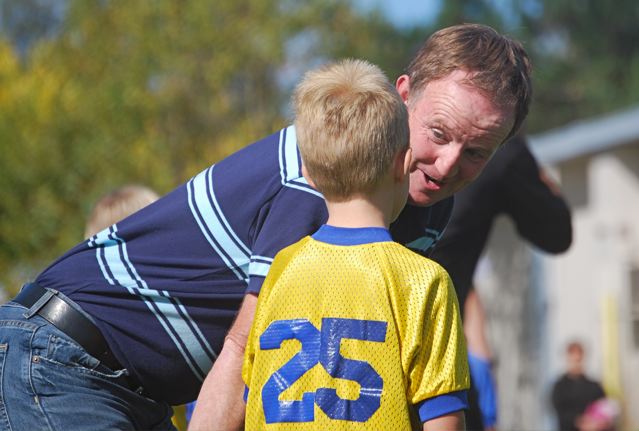
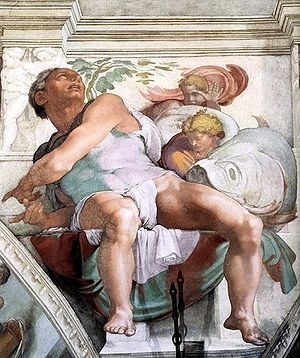

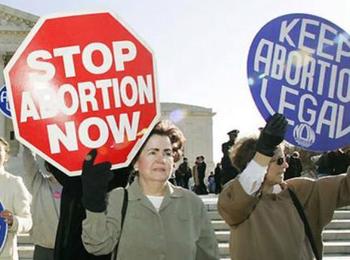


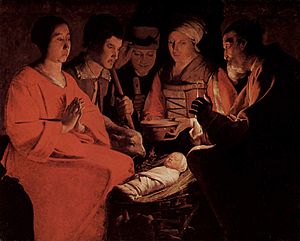

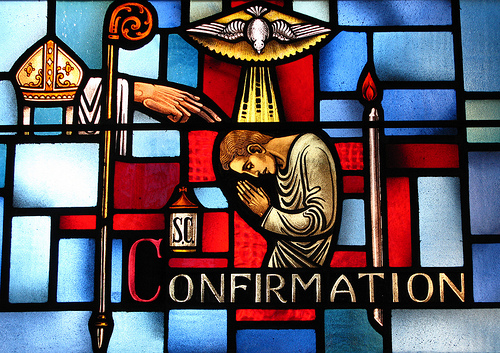
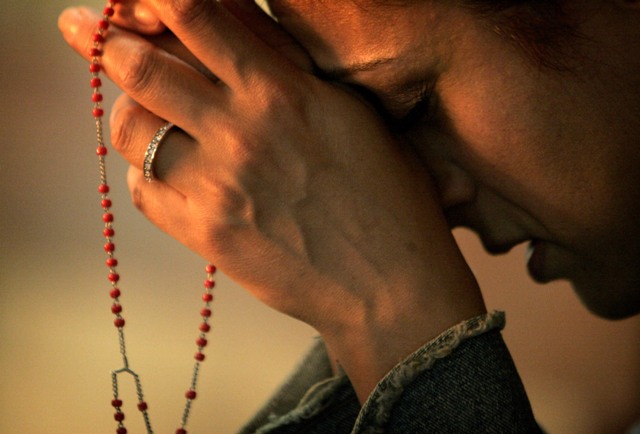

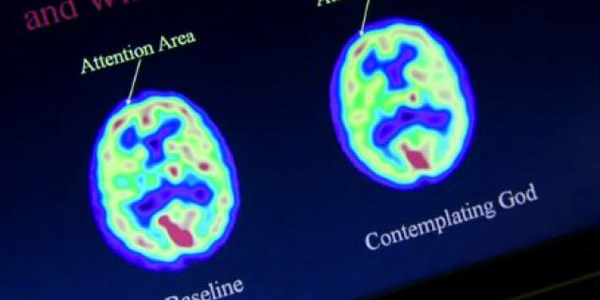
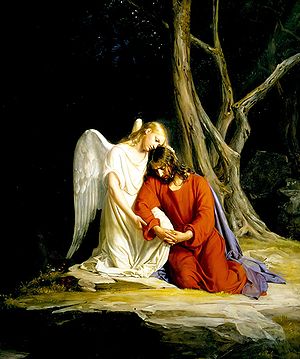

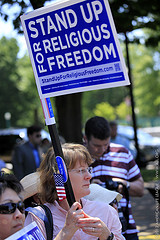

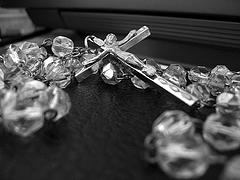 It has been a while since I’ve written a “go the extra mile” type of post. But with all that is going on in the world right now I think a little spiritual “kick” is appropriate. I want to tell you why I chose the name “
It has been a while since I’ve written a “go the extra mile” type of post. But with all that is going on in the world right now I think a little spiritual “kick” is appropriate. I want to tell you why I chose the name “




